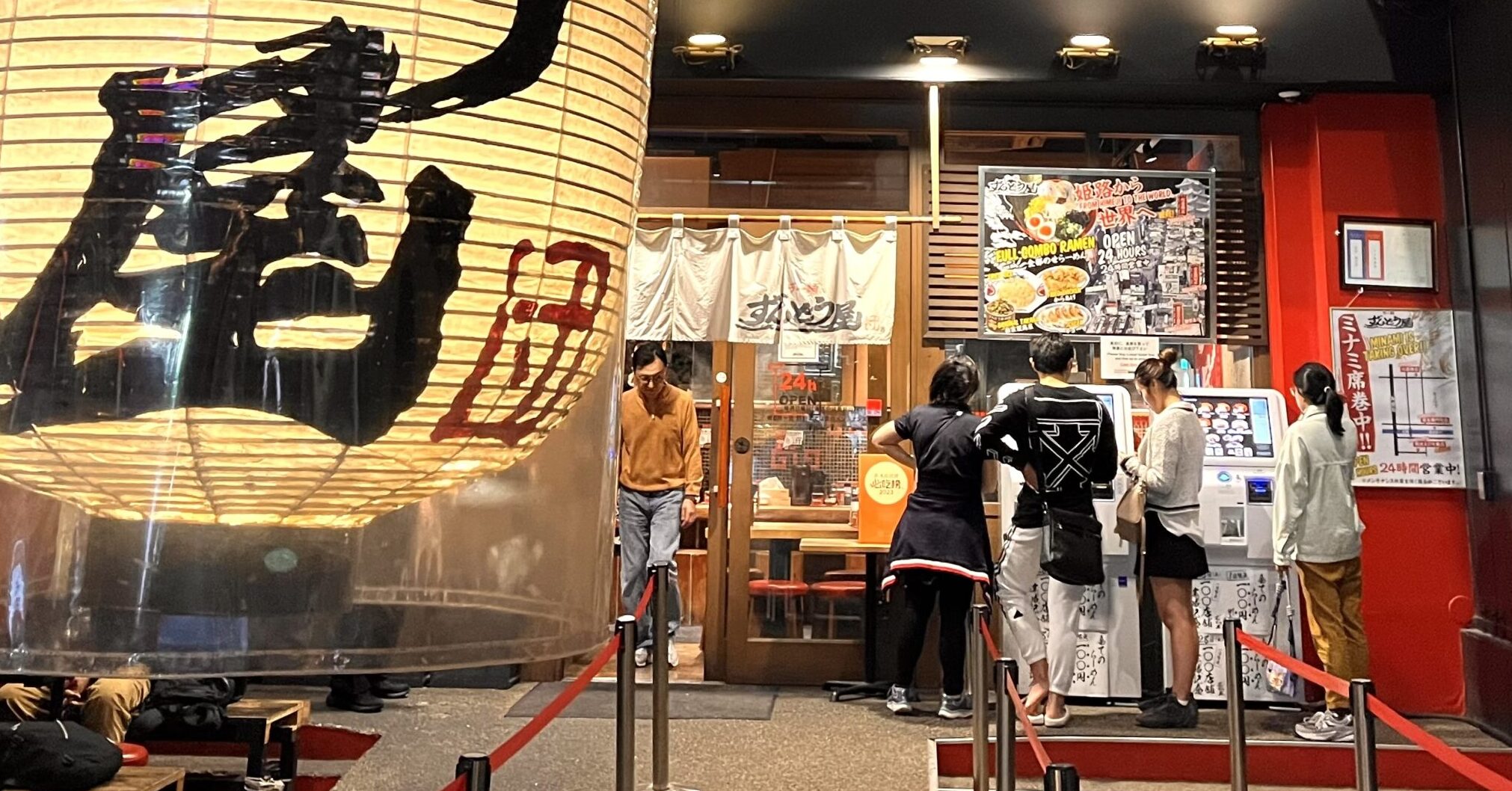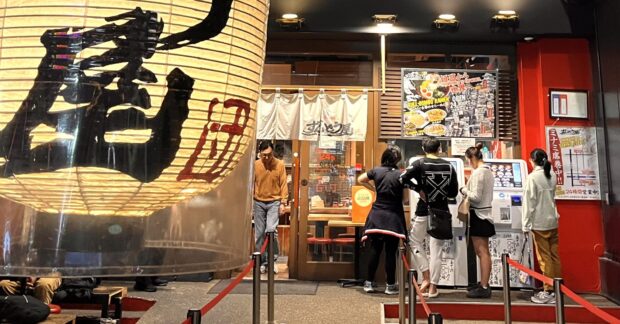
For me, there are four must-buys in the Baguio market: Tantamco’s ube halaya (purple yam jam), balitanao (black) rice, the bagnet (deep-fried pork knuckles) at the area near the police station, and upland coffee beans.
Chef Myrna Segismundo said the owners of two coffee shops in the market, Garcia’s Pure Coffee and Kape Umali, are from Batangas. These are families that must have been coffee traders who relocated to Baguio probably because there was a good supply of coffee beans other than the Liberica variety grown in their home province locally known as barako.
I had interesting conversations with buyers who knew exactly what proportions of different coffee varieties they wanted or what their husbands preferred. That fascinated me because my order was always two kilos of Benguet Arabica beans. My one coffee snobbery is that I grind beans good for just one week.
Upland coffee
My curiosity was stoked when I was invited to hear the story of a fourth-generation Ibaloi who wanted to market coffee of the Cordilleras. Fides Herrera Lim came prepared to tell not only the history of upland coffee, but also the story of her family, starting with her great-grandfather, Mateo Cariño, who once owned all of the present Baguio and who was given the titles for his land by the Spanish government in exchange for his conversion to Christianity.
I also learned how he won his claim to his ancestral lands in a case before the United States Supreme Court during the American colonial period.
But for Fides, the more interesting story was that of her great-grandmother, Aponi Bayosa, whose knowledge of growing coffee beans is the inspiration for her interest in this agricultural product. At the time of our meeting, she was set to open a coffeehouse in Baguio to be named after Bayosa, at 16 Kisad Road, Baguio Midland Courier building.
Behind the coffee shop counter is a big poster with a photo of Bayosa and her story. The Ibaloi matriarch had been a coffee grower in Kafagway, the old name of Baguio. She passed on her coffee-growing knowledge to farmers, but the more important lessons she imparted, Fides recalled, are “that they are stewards of nature, that they shouldn’t harvest more than what the community needs, and to never exclude others from the fruits of the environment.”
‘Cañao’
As a true Ibaloi, Fides held a cañao twice before the café was even established. During the first cañao, she related how a huge butterfly rested on her shoulder and wouldn’t be shooed away.
The Ibaloi elders told her the butterfly was her ancestor. She didn’t really believe, she said, but when she placed her hand inside a pack of coffee beans for one of the rituals, she broke her fingers, a painful reminder to her to always heed her elders.
But Fides feels she wants more than just to sell coffee. She’s interested to adopt methods that will make Ibaloi coffee in tune with the times and a grade above the rest. She plans to do this by labeling the product as single-origin coffee and indicating where the beans are grown. She has selected five Ibaloi towns for a start—Tuba, Atok, La Trinidad, Sablan and Itogon.
Yet she says the marketing plan is the easier part. More difficult is teaching farmers how to manage their finances. Farmers, she said, will sell beans even before these have been correctly processed because they need money for the children’s tuition or a wedding or a fiesta. This compromises the quality.
There is also a need to provide roasters because many farmers cannot afford one. Both problems and solutions made my appreciation of good coffee go several notches higher.
Fides’ audience were mostly writers, one of whom, Virgie Moreno, owned the legendary Café Orfeo in Malate. During breaks of our coffee education, Moreno told stories on what happened at Orfeo. It was an entertaining interlude and gave us a taste of what it must have been like at the time when dramatists, poets and writers of note would gather, smoke and drink their cups of coffee, possibly spiked, if I know anything about that generation.
E-mail the columnist at [email protected].














































